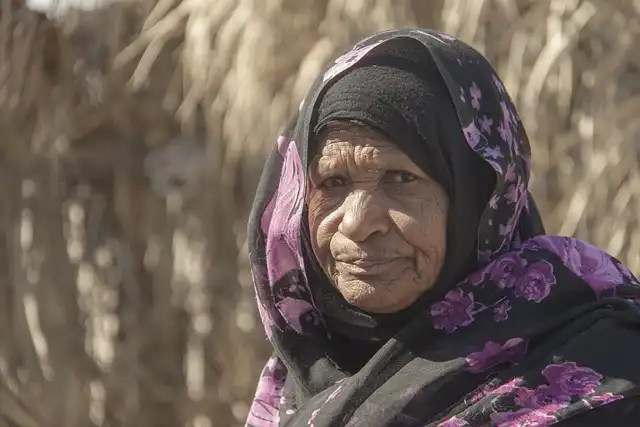
The Statement safeguards the collective legal rights and individual legal rights of Native Peoples in relationship to self-government, land, education, work, wellness, and other areas.
Listen to Les Malezer (Gubbi Gubbi), previous Professional Participant on the Permanent Online Forum on Indigenous Issues, on memorializing 13 years of the Declaration. Malezer with the Global Indigenous Peoples Caucus functioned to advance the Affirmation with the lasts to the UN General Assembly in 2007.
In party of the anniversary of the adoption of UN Affirmation on the Civil Liberties of Aboriginal Peoples, Cultural Survival is taking an appearance back at the leading victories for Aboriginal Peoples over the past year. In this podcast, we share with you the extraordinary work of Hartman Deetz (Mashpee Wampanoag) and human rights lawyer Michelle Cook (Diné), creator of Divest Invest Protect (DIP), on the UN Declaration on the Rights of Native Peoples wampum belt.
The Affirmation also requires countries to talk to Native Peoples with the objective of getting their permission on issues that worry them. As explained by previous UN Unique Rapporteur on the Civil Liberties of Indigenous Peoples, James Anaya, the right of self-determination is “to be equal and complete individuals in the production of the organizations of government under which they live and, additionally, to live within a regulating institutional order in which they are constantly in control of their own fates.”
In this podcast, we share with you the amazing job of Hartman Deetz (Mashpee Wampanoag) and civils rights legal representative Michelle Chef (Diné), founder of Divest Invest Protect (DIP), on the UN Statement on the Rights of Native Peoples wampum belt. Aboriginal musician and supporter Hartman Deetz seeks to his forefathers, to his past, to wampum– the old device of art, legislation, diplomacy, and ritual to find support and methods forward for his people. The UNDRIP wampum belt is a means of training Native human rights making use of and focusing Indigenous Peoples’ technology and instructional lawful practices with wampum as both the tool and the message of healing, liability, and adjustment.
While several countries have actually made actions in the direction of straightening their plans with the standards preserved in the Statement, an implementation void continues to be. “Federal governments around the world need to recognize their obligations to relocate from Declaration endorsement to fostering and straighten their domestic laws and policies with the civil liberties, self-governance, and self-reliance of Indigenous Peoples,” claims Cultural Survival Executive Director Aimee Roberson (Choctaw and Chickasaw).
In a historic vote on September 13, 2007, 144 countries elected the Statement, 11 abstained, and only 4 (Australia, Canada, New Zealand, and the United States) voted against it. Because 2007, all 4 countries, including the United States, have actually reversed their placements and now officially endorse the Affirmation.
Find out about the Articles of the UN Statement on the Rights of Native Peoples Listen to our radio collection breaking down each of the 46 short articles of the UN Declaration on the Legal Rights of Indigenous Peoples.
In event of the anniversary of the fostering of UN Affirmation on the Legal Rights of Native Peoples, Cultural Survival is having a look back on top wins for Native Peoples over the past year. From historical landback situations to positive lawful judgments, there has been essential progress. Learn more.
The Statement is the end result of 25 years of difficult negotiations. The legal rights defined in the file “constitute the minimum criteria for the survival, self-respect, and well-being of the Native Peoples of the globe.” The Affirmation secures the collective legal rights and individual rights of Aboriginal Peoples in regard to self-government, land, education and learning, work, health, and various other areas.
… This worldwide Aboriginal civil liberties activity was not exclusively a political movement, it was a spiritual and cultural activity that ultimately interfered with the worldwide status and colonial norms of States that had for too lengthy disregarded the existence of Native Peoples … Read more.
1 Humlo Indigenous Peoples2 United States
« Meet Our KOEF 2024 Grant Partners Strengthening Livelihoods around Lands and Climate ChangeNew study links low incomes, stressed parents and child behaviour – better support would bring lifelong benefits »
